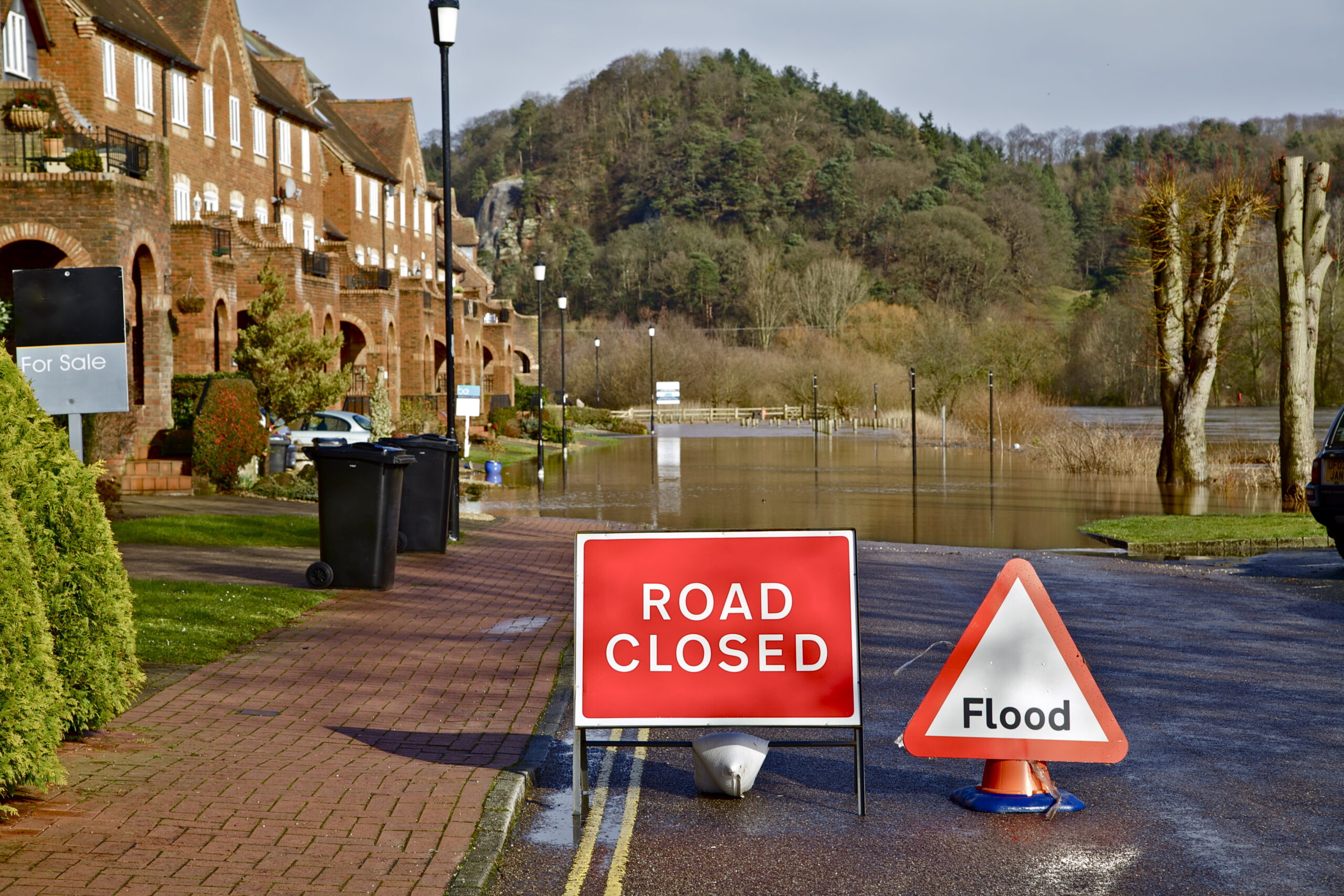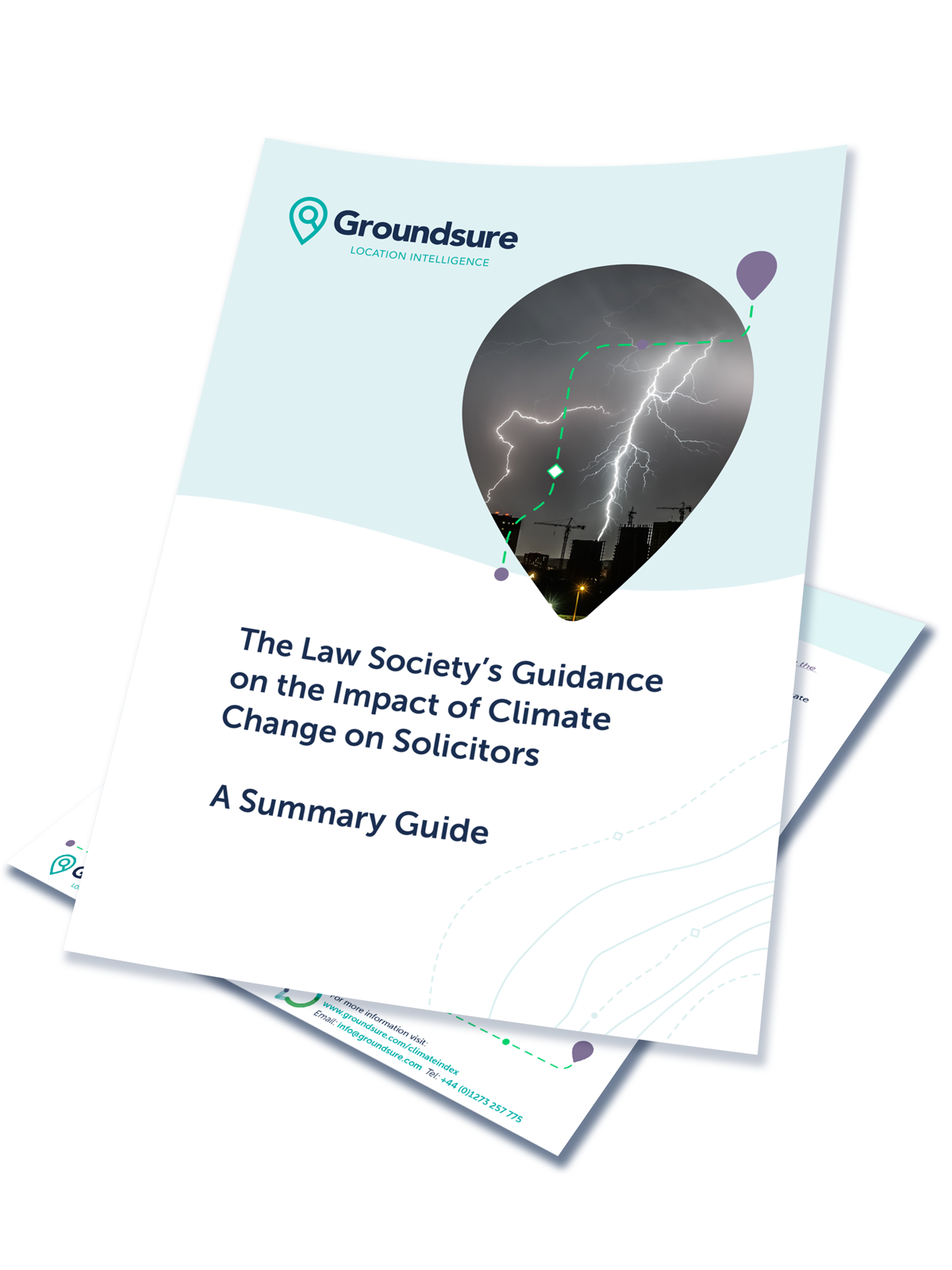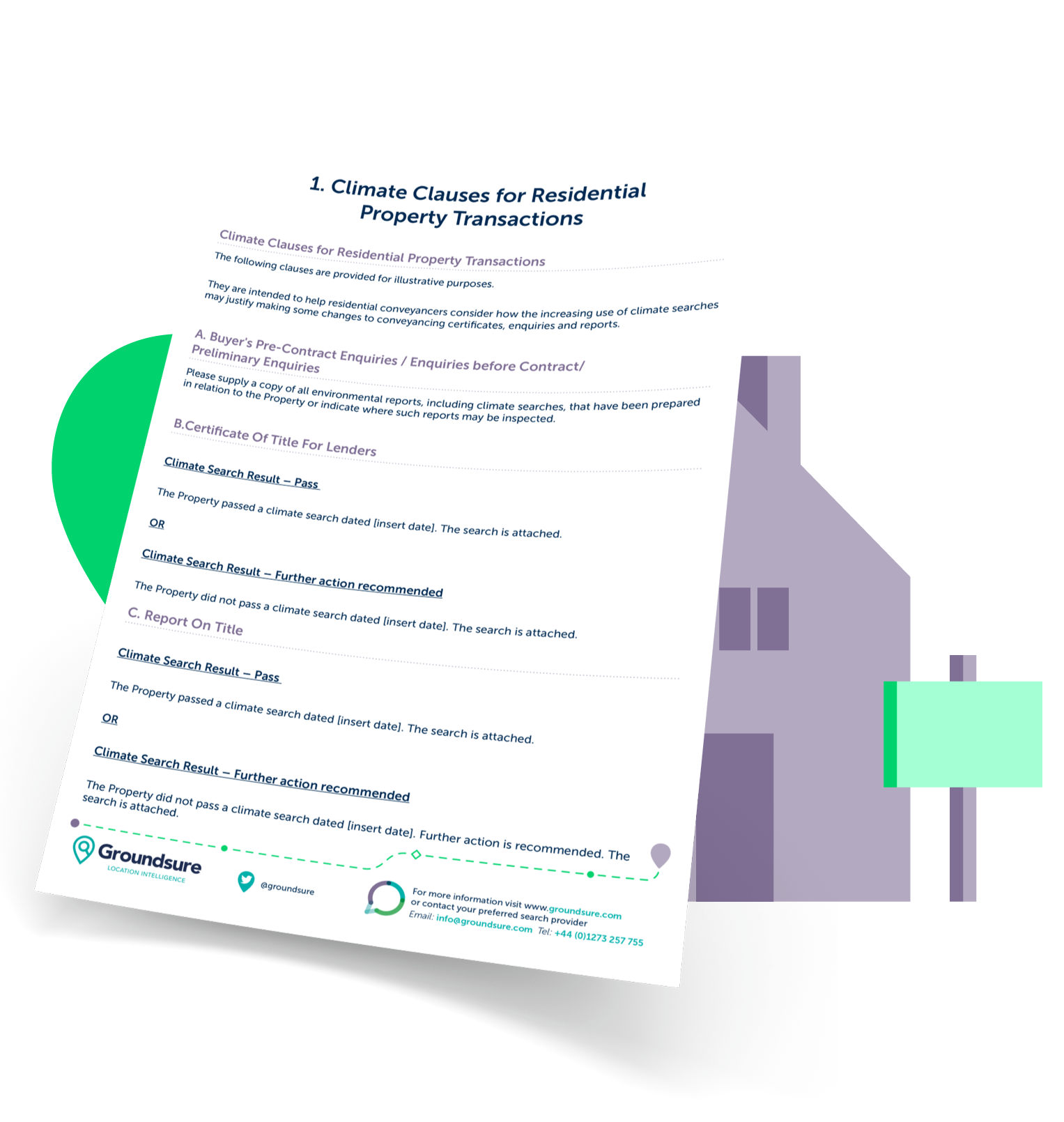


What is ClimateIndex™?
ClimateIndex™ provides future-focused, property-specific ratings for residential transactions that combine and summarise physical risk to property from flooding, subsidence and coastal erosion in a changing climate. Ratings are supplied for 5 and 30 year time periods, providing a view on rate of change and in line with Bank of England reporting requirements. It is based on the UKCP18 climate modelling using a blend of projections to provide a pragmatic and moderate view on future climate change.
ClimateIndex™ for Residential Properties
For residential properties, it also provides comprehensive transition risk information, including Energy Performance (EPC) ratings, comparison to other similar properties in the area, together with tailored guidance on improvement measures, as well as flood risk mitigation for better property resilience. Unique Property Reference Numbers (UPRNs) are also provided as standard.
ClimateIndex™ for Commercial Properties
For commercial properties, in addition to key physical risks, single or multiple EPCs are identified at the property, where there is a mix of residential and retail, for example. There are also EPC assessor energy improvement recommendations, building area and use class details and guidance on commercial Minimum Energy Efficiency Standards (MEES), existing and proposed Net Zero goal policy changes. UPRNs are also provided for each building unit at the property or site.
Commercial real estate lawyers and conveyancers can advise their client on how they approach their MEES strategy and any retrofitting or green lease arrangements that they may want to put in place with their tenants.
Law Society Guidance on Climate Risk
The new Law Society Guidance on Climate Risks has now been published. This important document helps lawyers and conveyancers understand how to approach advising clients about the potential impact of climate change.
Property transactions are perhaps the most exposed to these risks for the client and the firm in terms of potential litigation risk.
Download our summary guide to the Guidance now to find out how you can ensure you and your team can use climate data and advice in a compliant and effective manner.
Download



Understanding Climate Change
Climate change is the most significant external impact that our communities and businesses face. It will affect property and infrastructure assets, investment portfolios, lending and insurance markets. The scale of change and the potential risks are eye-watering and have major implications for property transactions.
Find out moreConveyancers’ Duty of Care to Advise Clients about Climate Risk
Risks change over time. Climate risk analysis is now an essential part of understanding the forward risk on clients’ land and property transactions.
Now, exclusive to Groundsure, one of the UK’s leading environmental law practitioners, Stephen Tromans KC, has released his legal opinion on a firm’s duty of care to advise residential and commercial property clients on climate risk. It’s essential reading for all conveyancing practitioners and available to download free now.
Download
How you can help clients
Advising clients about climate risk should not be daunting. We know you are not climate scientists, which is why we are here to help. ClimateIndex™ analysis is backed up by tools and resources to help you best explain what it could mean for your client.
ClimateIndex™ FAQs
We have produced a detailed and handy guide to ClimateIndex™ by answering some of the typical questions that conveyancers have about the analysis module.
Download







